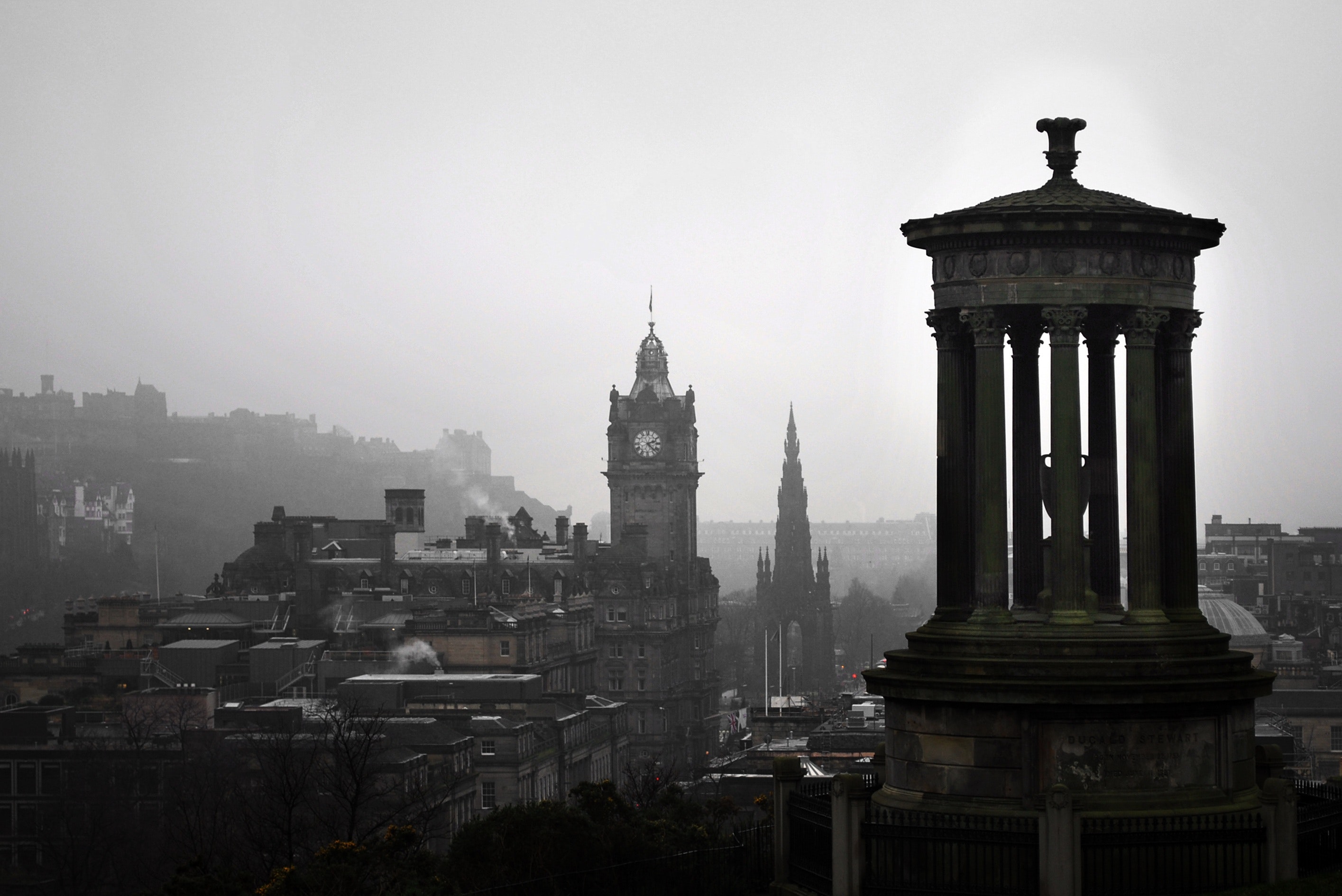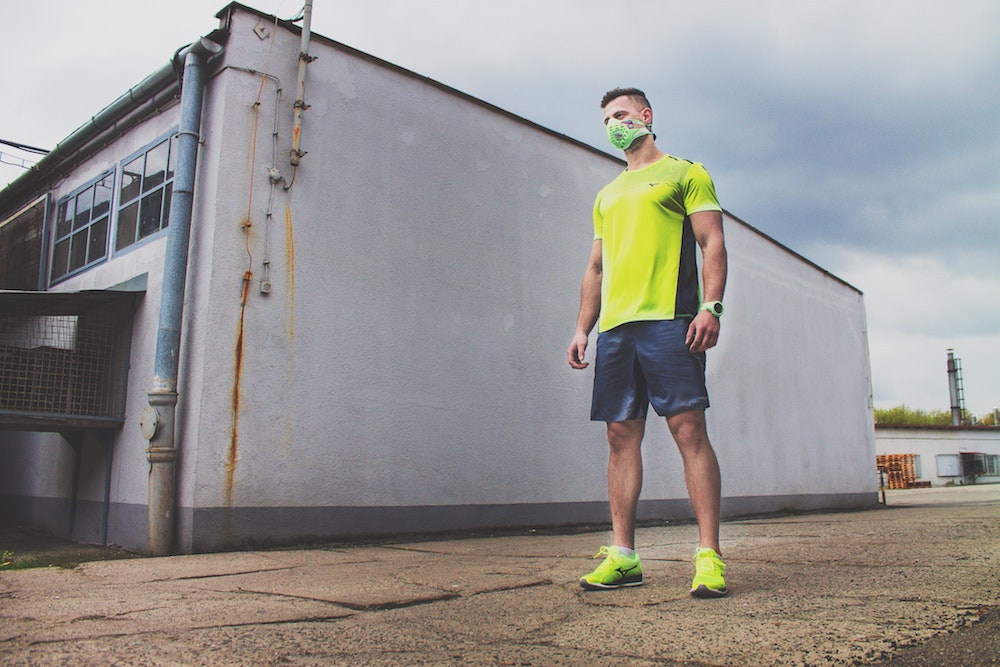How can we deal with rising levels of air pollution?
Data from the Office for National Statistics has revealed that air pollution in the UK has reached crisis level. Deaths from asthma have risen by 25% over a decade and many areas of the country have unpleasantly high levels of pollution.
Impact of pollution
We all benefit from the use of transport, heating and power, but we all suffer from the effects of contaminated air.
The Royal Colleges of Physicians and of Paediatrics and Child Health have estimated that outdoor pollution contributes to around 40,000 early deaths a year.
We can act to reduce the overall levels of air pollution and its impact on us. One of the biggest things we can do is to stop being so lazy and make more effort as individuals to reduce our emissions and take sensible precautions.
Other measures will only work at scale with a big effort by society and government. There are also some ridiculous suggestions put out there by scientists and journalists that are unrealistic and unhelpful. Nobody is going to listen to anyone telling them to just stay indoors.
Avoiding the worst areas of pollution
Quit smoking. Smoking is like paying for the privilege of stuffing your face in an exhaust, a quick search of the side effects of smoking and vaping will hopefully help you to kick the habit.
Now that your air quality is instantly improved, it is time to look at other ways to avoid the harm of air pollution.
Avoiding the most polluted areas is a fundamental, if a bit obvious, way of improving your quality of life. More than 40 cities and towns across the UK exceed levels set by the World Health Organisation.
The town of Scunthorpe has finally topped a rankings table – as the most polluted place in the UK with 15 micrograms per cubic metre. At least it isn’t as bad as the 217 micrograms recorded in Zabol, Iran, another place to scrub off your holiday bucketlist.
Most of us don’t have the luxury of choosing where we live, though. However, there are plenty of apps that can help you measure your local air quality and help you plot a better route.
Wearing masks
This one is up for debate. Go to any big city and you will see local citizens wandering with paper face masks. They are almost ubiquitous in a place like Tokyo. In order for them to offer any real protection, you have to use a good model – the most basic paper masks to do very little.
A good model will end up looking more like respirators than masks and carry a heftier price tag. You might not get them in designer models and the looks you will draw from passers-by might be quite alarming, but some studies have found reduced blood pressure in mask users, so there may be some greater benefits.
In the home
There are plenty of precautions we can take in our homes to limit air pollution and keep it in the evil outdoors. There have been some concerns about the volatile organic compounds emitted by household products like air fresheners and perfumes.
Without going tinfoil hat on you or causing panic on the streets, it might be worth considering using them in well ventilated areas or reducing the amount you use.
Some of the scents in our favourite products can produce carcinogens like formaldehyde when exposed to ozone. Having houseplants can actually soak up some of these toxic chemicals, fill your house with happy oxygen and brighten it up with colour as long as you remember to water them.
Air purifiers are another great way to mop up unpleasant particles in the air. They can take away triggers for asthma, pollen dust, carbon, bacteria and cooking smells.
Avoid lounging indoors in your dirty outdoor clothes. You might not need to go to the extremes that CNN recommend – they suggest you ‘strip soon after hitting your doorstep’.
Some advice is unhelpfully inconvenient. One academic study on the subject in the Journal of Thoraic Disease has ‘staying indoors’ as its first suggestion. This begs the question what else must we do? The main cause of death – is life itself!
What we must do as a society
There is only so far that we can go to prevent air pollution as individuals before we need to collectively wake up to this hazy, brown, coughing crisis and do something. There is plenty that society and the government can do.
Carbon emissions must be reduced – whether by incentivizing consumers to cut down on their wasteful use of resources, regulating businesses or investing in cleaner, green technology. For example, more investment in public transport and pedestrianised high streets could help reduce the burden of transport pollution.
How are you reducing your energy footprint and what would you like to see done by people in power? Our Public Health & Community Studies students in Coventry, London and Scarborough look at how we arrange our societies to ensure that the most vulnerable people do not disproportionately suffer from their environment.

